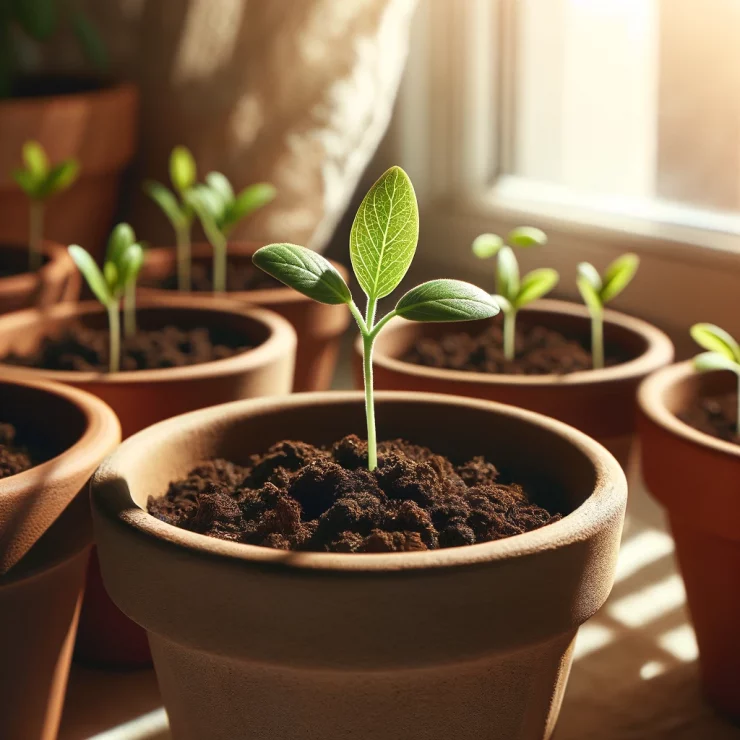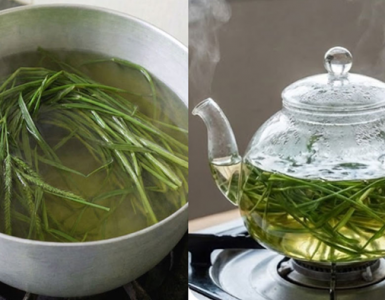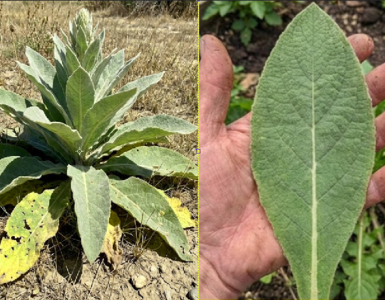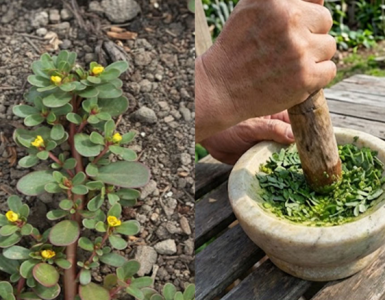Almonds are not only a delicious and nutritious snack, but they also have a striking presence in many gardens and landscapes. Growing almond trees at home can be a rewarding endeavor, allowing you to enjoy the beauty of the tree and even harvest your own almonds. While many people choose to purchase almond tree saplings from nurseries, you can also grow almond trees from seeds with a little patience and care. In this article, we will explore the best methods for growing almond trees from seeds at home.
Selecting Almond Seeds
The first step in growing an almond tree from seeds is to obtain high-quality seeds. You can find almond seeds from store-bought almonds, but it’s important to note that not all almond varieties will yield suitable seeds for planting. Look for almonds labeled as “raw” or “unroasted,” as these are more likely to contain viable seeds. Furthermore, it’s advisable to choose almonds from a variety that is well-suited to your climate and region for the best results.
Stratification
Almond seeds require a period of stratification to break dormancy and germinate successfully. Stratification is a process that mimics the natural conditions that almond seeds experience in their native habitat. Here’s how to stratify almond seeds:
Place your selected almond seeds in a bowl of lukewarm water and let them soak for 24 to 48 hours. This helps to soften the seed coat.
After soaking, transfer the seeds to a plastic bag or container with damp sand, peat moss, or a paper towel. Seal the bag or container and place it in the refrigerator. The seeds need to remain in cold storage for about 2-3 months. This imitates winter conditions.
After the stratification period is complete, it’s time to plant your almond seeds. Here’s how to do it:
Choose a suitable location: Select a sunny, well-drained spot in your garden for planting your almond seeds. Almond trees require full sun to thrive.
Prepare the soil: Ensure the soil is well-draining and slightly acidic. Almond trees prefer a soil pH of around 6.0 to 7.0. Amend the soil with organic matter, such as compost, to improve its quality.
Plant the seeds: Dig a hole about 2 inches deep and place the almond seed inside, making sure the pointed end of the seed is facing upwards. Cover the seed with soil and water it thoroughly.
Caring for Young Almond Trees
Growing an almond tree from a seed is a long-term commitment, and it will take several years for the tree to become established and produce almonds. Here are some essential care tips for young almond trees:
Watering: Almond trees need regular watering, especially during the first few years. Keep the soil consistently moist but not waterlogged.
Pruning: Prune your almond tree during its dormant period to shape it and remove any dead or diseased branches. This encourages healthy growth.
Fertilizing: Almond trees benefit from regular applications of balanced fertilizer. Apply a complete, slow-release fertilizer in the spring.
Pest and Disease Control: Keep an eye out for common almond tree pests and diseases, such as aphids, mites, and brown rot. Apply appropriate treatments as needed.
Patience: Growing almond trees from seeds is a long-term project, and it may take several years before you see your first harvest of almonds. Be patient and enjoy the journey.
Growing an almond tree from seeds at home can be a rewarding experience that allows you to enjoy the beauty of the tree and eventually harvest your own almonds. By following the steps outlined in this article, from selecting the right seeds to proper stratification and care, you can successfully cultivate your own almond tree. Just remember that patience is key, as almond trees are a long-term investment, but the joy of watching your tree grow and bear fruit is well worth the effort.






Add comment